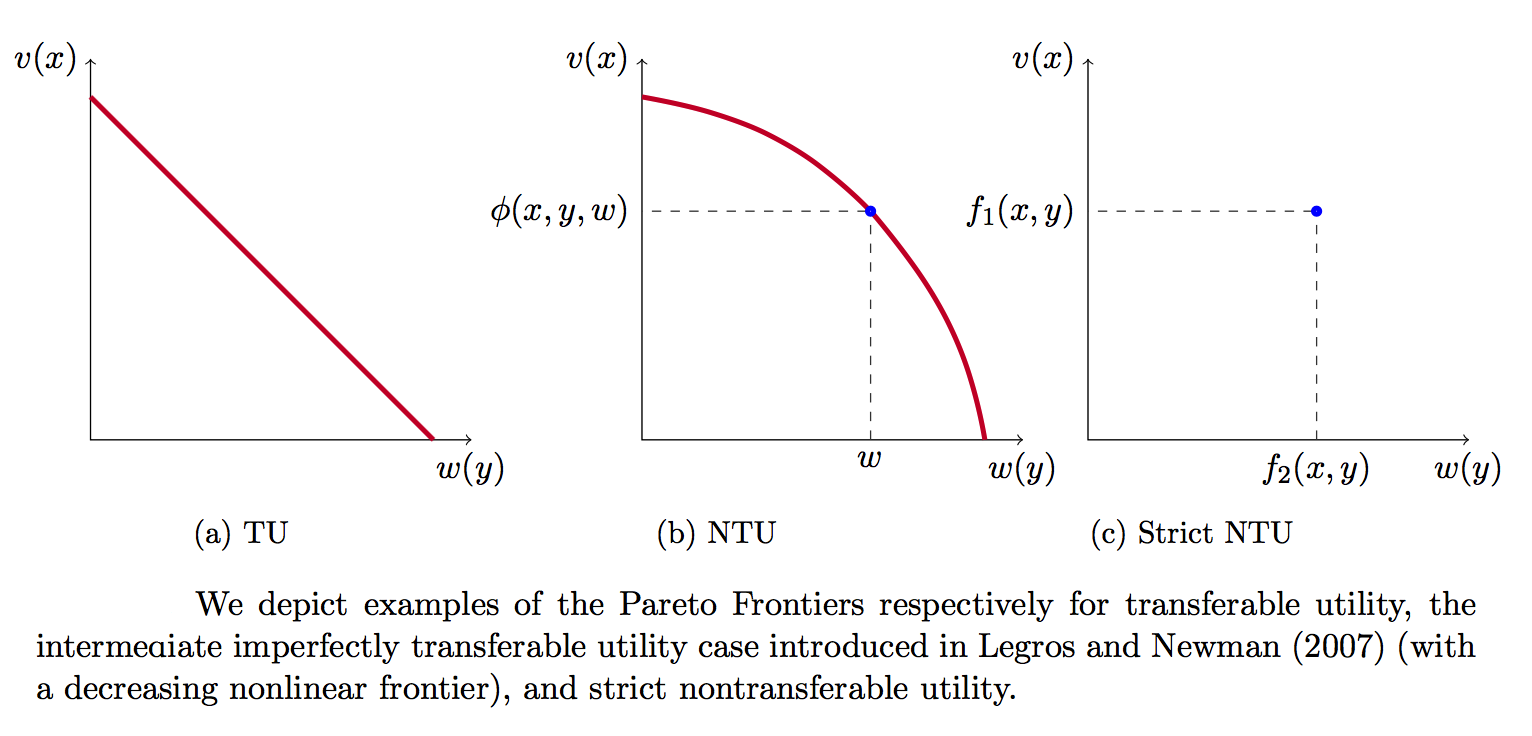“Sorting Through Search and Matching Models in Economics”, Chade, Eeckhout and Smith (forthcoming in Journal of Economic Literature, 2017)
Economics is built on the Walrasian supply and demand cornerstone, with trade anonymously guided by a fictitious impartial auctioneer. This survey article explores the literature that has largely emerged in the last quarter century on decentralized matching models with and without frictions. Matching models enrich the Walrasian paradigm, capturing person-specific goods and relationships. The frictional matching literature replaces the auctioneer’s gavel by a mixture of dynamic choice and chance. It thus impedes the invisible hand with costs or imperfect information.
Until the 1990s, the matching and search theory literatures largely proceeded in isolation. But the development of frictional matching models that began in the early 1990s has sparked renewed interest in both the frictionless matching and search paradigms. Since then, the two literatures have been bedfellows. For search frictions create equilibrium feedback between types who would otherwise remain unmatched. For instance, when low productivity jobs are lled by high ability workers, this affects the labor market prospects of the low ability workers. This has been a major theme that has emerged.
In this research thread of the assignment and matching literature, a dominant theme is positive sorting — the best are matched with one another, as are the next best, and so on. We offer a self-contained review of this literature. We introduce the benchmark matching models without frictions. Motivated by some unrealistic implications, we then explore the search models that have emerged that best address these failings. We finally assemble these pieces, fleshing out matching models beset by search and information frictions.

